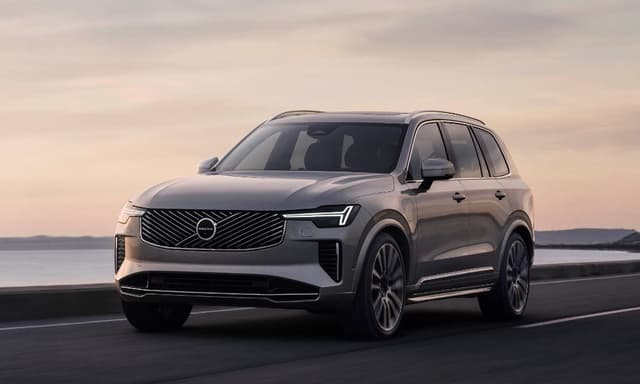When Should You Apply For A Bank Loan To Buy a Car?

Highlights
- Taking a bank loan for purchasing a car is a smooth affair
- When is the best time for taking a bank loan to buy a car?
- Here are some tips you can use.
Should you be taking a bank loan for purchasing a car? There are many sides to this question and several opinions. However, ultimately the decision is yours, based on your own priorities, future goals and current financial situation. Experts recommend that you should avoid a situation where your car loan eats into 30-40% of your net monthly salary or income. This will leave you with little breathing space for taking other important loans or sudden credit, while also leaving lesser room for savings at the same time.

At the same time, in an ideal scenario, the car loan should be 10-15% of your total take-home income at the most. It should not ideally surpass 20% even if you are eligible. However, there is a silver lining here- with an increase in income, your take-home pay will increase, making the car loan amount a smaller portion of your monthly salary, giving you more room for savings and investments. First calculate your compulsory expenditure like your monthly rent or home loan, food, electricity. Thereafter, keep at last 10-12% of your income for investments in appreciating and growing assets and other avenues. Thereafter, what you have in hand is your actual breathing space for loans.

In this case, you can plan for buying a car by allocating this portion of your monthly income to repay the EMIs. However, you will have to plan for the down payment as well. You will not get a 100% car loan and even if you do, it will only lead to high interest and exponentially higher monthly EMIs in turn. Hence, try and pay the minimum recommended 15-20% of the car value as your down payment. You should only apply for a car loan when you have this money saved up and without hindering your other savings, emergency funds and so on. Cars are depreciating assets with resale value that will be considerably lower than the prices paid to acquire them. You should thus invest something in assets that appreciate in order to build a buffer while repaying the car loan as well.

Many people feel that one should always buy a car in cash in order to avoid paying interest. This is one philosophy that many follow. However, for cars with higher prices, many feel that it is avoidable since cars are depreciating assets and it makes no sense to lock in a high amount of money into something that will not give you any returns. Hence, it is better to invest surplus capital into investment avenues and other assets that will give you returns and build up over time while servicing a car loan with regular monthly cash flows as per this school of thought. Take matters into consideration very carefully before applying for your car loan.














